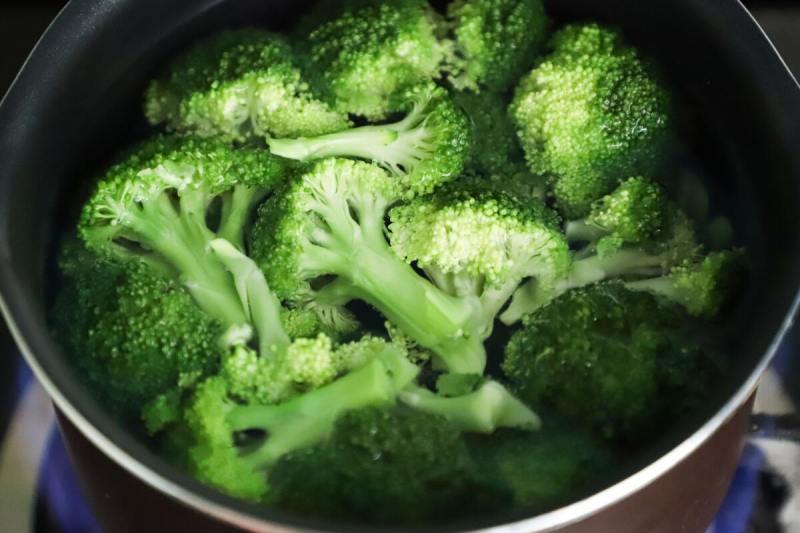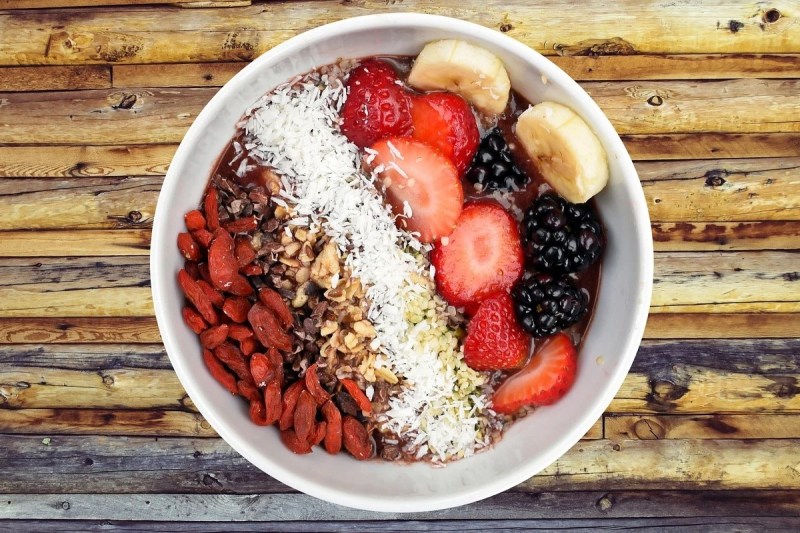Farting can be embarrassing. Regardless, it’s still a bodily function, so it’s not such a far-fetched question to ask, “Does farting burn calories?” Farting is caused by multiple complex processes in the body related to metabolism and digestion. To understand farting’s relationship with calorie expenditure, we have to look at why we fart in the first place. We’ve outlined all our findings below.
What causes someone to fart?

Farting, or flatulence, happens when gas accumulates in the digestive system and is expelled through the rectum. Here are some reasons people fart.
Swallowing air
When you eat, drink, or swallow air, some of it ends up in your digestive tract. This air has to be expelled, leading to farting. Chewing gum, drinking carbonated beverages, or eating too quickly can cause you to take in more air, and as a result, you may fart more frequently than normal.
Digesting high-fiber foods
Foods rich in fiber, like beans, lentils, and broccoli, are harder for your body to break down, and this leads to gas production.
Lactose intolerance
Those who are lactose intolerant may experience excessive gas after consuming dairy products.
Gut bacteria
Certain carbohydrates that aren’t fully absorbed in the small intestine can be fermented by gut bacteria, releasing gas. Also, eating food that has bacteria, like food that is already going bad, can mess up your gut, causing you to let out farts.
Medical conditions
In less frequent cases, conditions like irritable bowel syndrome (IBS), celiac disease, or food intolerances can cause excessive gas production and frequent farting.
Does farting burn calories?

Farting itself does not burn any significant amount of calories. The act of passing gas is a passive bodily function that requires little to no effort, so it doesn’t contribute to any noticeable calorie expenditure. Yes, there is some minor muscle activity in the digestive system and rectum during the process, but it’s too small to have an impact on calorie burning.
On average, you burn just about one calorie when you fart. This is far too little to affect overall calorie expenditure or weight loss. If you’re wondering, “Does farting burn calories?” as a way to lose weight, the answer is no — it’s not a viable method.
Most of the calorie expenditure in your body comes from basic functions like breathing, digestion, and physical activity. If you’re looking for more ways to burn calories, exercises like walking and running are better bets.
Are there any factors that affect whether farting burns calories?

The factors that determine how many calories are burned during any activity generally depend on the intensity and duration of muscle movement. Since farting involves involuntary muscle contractions that are brief and low intensity, it isn’t enough to burn any significant amount of calories.
However, if bloating, constipation, or gas causes discomfort, your digestive system may work harder, leading to slight energy usage. Even so, this calorie expenditure would be negligible.
What foods impact your digestive system?

Diet plays a huge role in how much gas your body produces. Foods can either promote seamless digestion or contribute to bloating and excessive gas. Foods that cause gas are not always unhealthy, but you may want to avoid them if you’re in a public space or will be around people after eating them.
Foods that have a positive impact
- Probiotics: Foods like yogurt, kefir, and sauerkraut contain probiotics that help balance gut bacteria and improve digestion.
- Ginger: Known for its anti-inflammatory properties, ginger stabilizes the digestive process and reduces bloating by hastening the stomach’s emptying.
- Peppermint: Peppermint tea or oil can help relax the digestive muscles and reduce bloating and gas.
- Fennel seeds: Fennel seeds or tea can help relax the muscles in the gastrointestinal tract and reduce bloating and gas.
Foods that have an adverse impact
- Beans and legumes: Rich in fiber and complex carbohydrates, these foods are notorious for causing gas due to their slow digestion.
- Cruciferous vegetables: Vegetables like broccoli, cauliflower, cabbage, and Brussels sprouts contain raffinose, a sugar that the body has difficulty breaking down, which can cause bloating and gas.
- Dairy products: For those who are lactose intolerant, milk, cheese, and yogurt can cause gas and bloating due to the inability to properly digest lactose (the sugar in dairy).
- Carbonated drinks: The bubbles in sodas, sparkling water, and beer can cause you to swallow air, leading to more frequent farting.
Tips for reducing bloating and indigestion

Eat smaller, more frequent meals
Large meals can overwhelm your digestive system, leading to indigestion and bloating. Smaller meals are easier to digest. You can divide your food intake into four or five smaller meals instead of three large ones.
Chew food thoroughly and try to eat slowly
Proper chewing aids digestion and prevents swallowing excess air, which can cause gas and bloating. Take your time to chew each bite well and focus on eating mindfully without distractions.
Limit gas-producing foods
Foods like beans, cruciferous vegetables, and carbonated drinks contribute to gas and bloating. It’s best to slowly introduce high-fiber foods to your diet and avoid carbonated drinks.
Stay hydrated
Drinking water helps maintain healthy digestion, prevents constipation, and reduces bloating. Drink water throughout the day, including before and after meals.
Try herbal teas
Herbal teas like fennel, ginger, or peppermint tea help relax the digestive muscles, reduce gas, and ease bloating. You could drink a cup after meals to aid digestion.
Frequently asked questions

Is frequent farting normal while losing weight?
Frequent farting can happen both during weight loss and weight gain phases. Changes in diet, especially increased fiber intake or higher vegetable consumption, can cause more gas. Also, as your body burns fat, certain metabolic changes can lead to increased gas production. Maintaining balanced nutrition and drinking plenty of water can help reduce this.
Is farting a lot healthy or unhealthy?
Farting is a normal part of digestion, and passing gas around 10 to 20 times a day is generally considered healthy. However, excessive or foul-smelling gas may indicate digestive issues, food intolerances, or an imbalance in gut bacteria. If it’s accompanied by other symptoms like bloating or pain, consult a healthcare provider.




